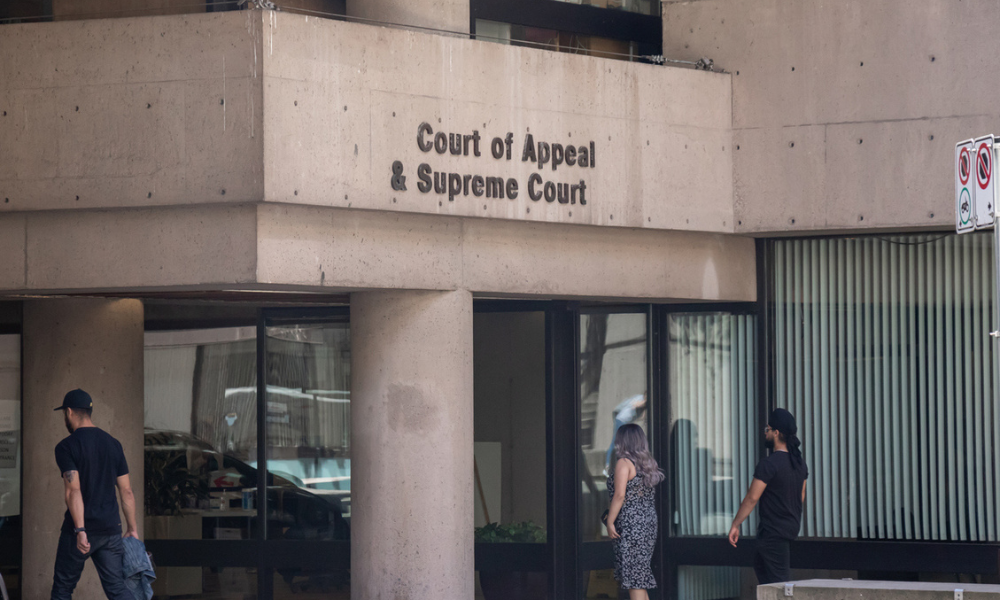
The fund has business connections in BC, but these were insufficient to establish residency: court

The BC Court of Appeal upheld a decision denying an Ontario-based mutual fund standing to initiate a class action in British Columbia, affirming that the fund did not meet the residency requirements specified in the Class Proceedings Act.
The appeal in MM Fund v. Excelsior Mining Corp., 2024 BCCA 163 centered on whether MM Fund, a Toronto-based mutual fund, could qualify as a resident of BC to bring a class action lawsuit against Excelsior Mining Corp. and its executives.
In its initial filing, MM Fund claimed that Excelsior Mining Corp. made false representations in a prospectus, violating the Securities Act. The mutual fund sought to certify the lawsuit as a class action, alleging damages due to misrepresentations regarding Excelsior’s copper mine project. However, Excelsior argued that MM Fund did not have standing under the Class Proceedings Act because it was not a BC resident.
The trial judge concluded that MM Fund did not qualify as a BC resident because its operations and central management were conducted entirely from Ontario. The judge applied the central management and control test to determine MM's residency, concluding that the fund was based in Ontario and had no physical office or presence in BC. Consequently, the court ordered MM to amend its pleadings to proceed with an individual action rather than a class action.
MM Fund challenged this decision, arguing that it had substantial ties to BC because it was a reporting issuer under the Securities Act, sold its units through BC dealers, and had irrevocably attorned to the jurisdiction of BC courts. It also claimed that the trial judge erred by applying an overly narrow interpretation of the term "resident."
In its decision, the BC Court of Appeal determined that the trial judge correctly applied the central management and control test, a standard endorsed by the Supreme Court of Canada. The appellate court recognized that while MM Fund is a reporting issuer with business connections in BC, these links were insufficient to establish residency.
The appellate court emphasized that standing under the Class Proceedings Act is intended to limit who can bring class actions to members of the public served by the BC courts. The court agreed that MM Fund did not have the requisite connection to BC to qualify as a resident and dismissed its appeal.